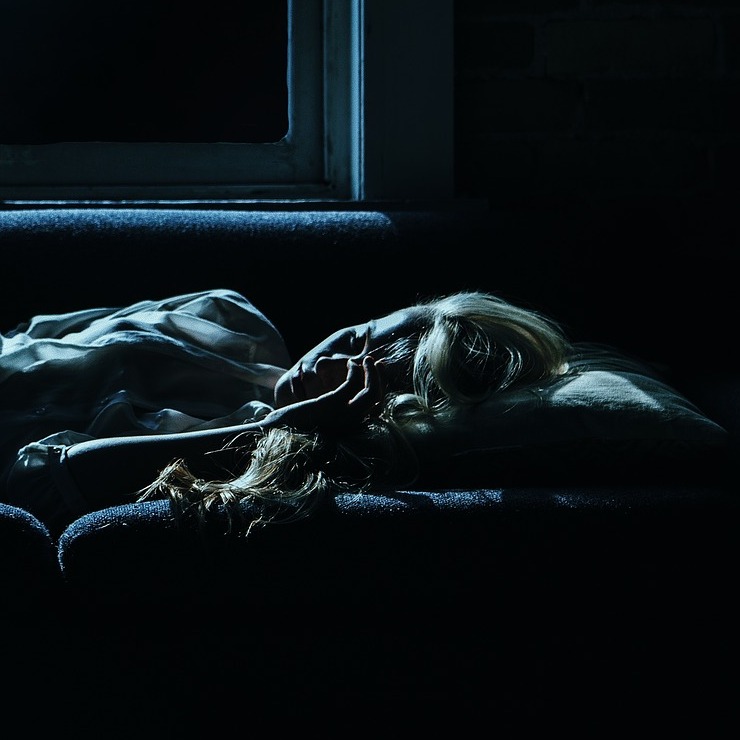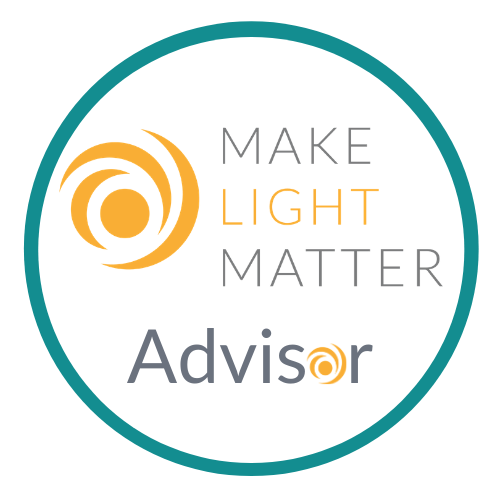Light and Health

If somebody would ask you about aspects of a healthy lifestyle, what would come to your mind? Food, probably, and excercise. But would you think about light? Have you ever considered “light nutrition”?
Light is an everyday part of our life, it’s everywhere, provided by the sun or some artificial light source. We talk about light in terms of energy efficiency, maybe in terms of colour rendering. We know that we need light to see. We rarely think about light as a health factor – and few people are aware of the fact that the wrong kind of light can actually cause harm in our body.
Light is essential for life. Without light our body cannot produce vitamin D, a vital hormone for our bones and immune system. Light also triggers the production of serotonin. Bright light during the day keeps us awake and helps us concentrate. But not every kind of light is the same. To produce vitamin D we need UVB-radiation, the same radiation that can cause sunburns. The same radiation we are told to avoid. And to be awake, we need blue-rich light.

As important as light is during the day, at night we need darkness. Artificial light at night suppresses the production of the hormone melatonin, which brings our body into the nocturnal state of rest, allows us to sleep, and is an active component of our immune system. Without the daily change of light and dark, our body goes out of sync with the sun cycle and its various internal rhythms. Our entire physiology is affected and in the long run we can develop depression, obesity, diabetes, cardiac diseases, and even some forms of cancer. Current research also finds links to our brain: If you can’t sleep properly, your risk for dementia increases.
Wtihout the natural rhythm of bright days and dark nights, our bodies get out of sync and vital functions are disrupted. Not only do we find it harder to concentrate and are more irritable, but our risk of depression, dementia, obesity, type II diabetes, cardiovascular disease and some types of cancer increases.

If you aim for a healthy lifestyle, use light in the right way. The easiest advice is to spend as much time as possible in sunlight during the day, avoid bright light after sunset, sleep in (almost) darkness and be able to experience dawn. Unfortunately, this is not always possible in everyday life. We spend most of the day indoors in dark, UVB-free light and use light with too much blue and too little near infrared in the evening. Too much artificial light from outside intrudes in many bedrooms and light-protection blinds or shutters not only deprive us of the dawn but also block the relaxing view of the stars.
Even though light is my main focus, I have been working as a medical lecturer at the Pharmaakademie for many years. This gives me a broad knowledge base to be able to classify the effects of light.

